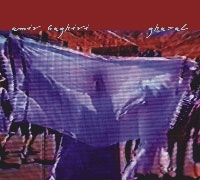
I’ve been listening to a lot of field recordings from the Middle East
recently (a number of the releases on Sublime Frequencies) and have
been getting lost in the way music is so readily accessible from the
street in these regions. Amir Baghiri’s Ghazal opens in the same way:
by submerging you in a street somewhere in the Middle East. Voices
float in the background, nearly drowned out by the music and the
singer’s voice. “Nasime Saba” is a pop song of the street, replete
with hand drums, finger cymbals, flute and the undulating siren song
of a itinerant musician. You are submerged in a culture thick with a
constant flood of music from hidden speakers, street musicians,
distant prayer calls, and the rhythmic patter of the language. The
trick with Ghazal is that everything is composed, recorded, played and
mixed by Baghiri himself.
Baghiri is recreating the vibrant energy of the Middle East in the
studio, mixing the spontaneous rhythms of the marketplace and the city
streets with carefully edited loops and field recordings. An ocean
wave draws us in to “Shure Baran,” a liquid wash of sound that
transports us to a seaside community where a five piece percussion
ensemble is banging out a rhythmic piece. It almost feels live until
studio effects warp the sound, altering the rhythm and distorting the
clarity of the drums. It is a Muslimgauze-like effect (a comparison
which you really can’t avoid when talking about Middle Eastern rhythms
being distorted by authorial manipulation), but with more subtlety and
less abrasiveness. The subtle field recordings wash across track
divisions, lending a cohesive flow to the music as if we were sampling
the ethnic music styles of the region. The ocean tide of “Shure
Baran” gives way to a field of buzzing and chirping insects in
“Daryaie Golfeshan,” a lengthy piece that gradually winds up to a
tumultuous explosion of sound before fading again into the distant
burr of insect noise. “Eshragh” returns us to the street corner again
and Baghiri works in cut-up loops and a persistent background crackle
of insect life and whispering noise. “Sukhte Balha” builds as a duet
between a water faucet and a field recording of street vendors and
sing-song conversations.
And everywhere there are drums: Khaliji drums, the Persian tumbak, the
Egyptian dumbak, liquid drums, bendirs, the Azerbaijan frame drum,
surdo, djembes, tamborin, the Persian zarb and Dohol drums. Ghazal is
a sea of drums, beats, rhythms and percussive threads which run run
run throughout the tracks. Baghiri’s fingers and hands are never
still on Ghazal. The more I listen to Ghazal, the more I get lost in
the vibrant texture and hypnotic complexity of Baghiri’s compositions.
Highly recommended.
Ghazal is out now on Vivo Records.







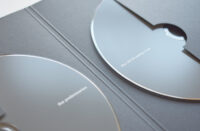
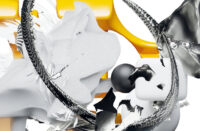
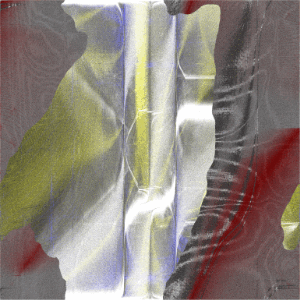
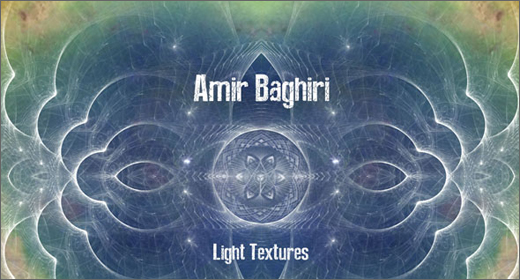



![Pole :: Tempus Remixes (Mute) — [concise]](https://igloomag.com/wp/wp-content/uploads/2025/04/pole-tempus-remixes_feat-75x75.jpg)






![Hasbeen :: Bunker Symphonies II (Clean Error) — [concise]](https://igloomag.com/wp/wp-content/uploads/2025/04/hasbeen-bunker-symphonies-ii_feat-75x75.jpg)

